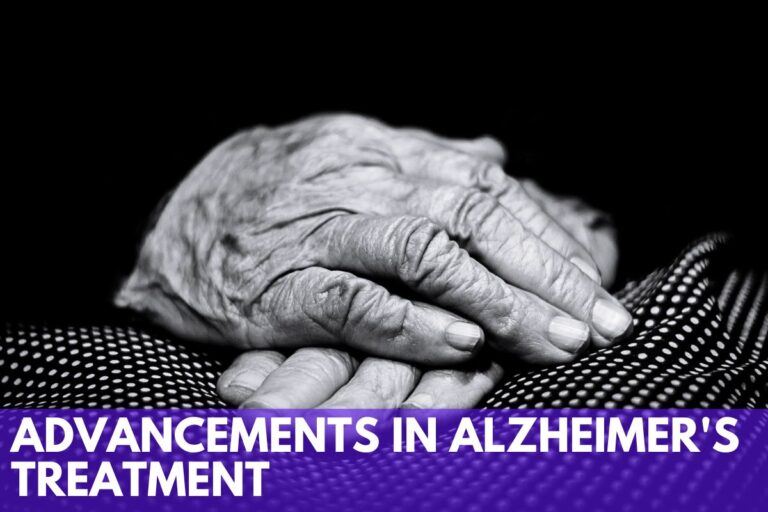No products in the cart.

“The Importance of Caregiver Support for Alzheimer’s Families”
Title: Supporting Alzheimer’s Families: The Crucial Role of Caregiver Support
Introduction: Caring for a loved one with Alzheimer’s disease presents unique challenges and demands on families and caregivers. The journey can be emotionally and physically overwhelming, underscoring the critical need for caregiver support. In this blog, we explore the importance of caregiver support for Alzheimer’s families, highlighting the benefits it brings and the resources available to provide assistance and respite.
Understanding Caregiver Challenges: Caring for an individual with Alzheimer’s requires patience, understanding, and specialized knowledge. Caregivers face a multitude of challenges, including managing daily care tasks, coping with behavioral changes, navigating communication difficulties, and addressing their loved one’s evolving needs. The impact on their own well-being, relationships, and quality of life cannot be underestimated.
The Power of Support Networks: Caregiver support networks play a vital role in providing a nurturing environment for Alzheimer’s families. These networks offer a safe space for sharing experiences, seeking advice, and finding solace among individuals facing similar circumstances. Engaging with support groups can provide a sense of belonging, reduce feelings of isolation, and empower caregivers with valuable knowledge and coping strategies.
Professional Guidance and Training: Caregivers greatly benefit from professional guidance and training tailored to Alzheimer’s care. Organizations and institutions provide valuable resources such as educational programs, workshops, and online courses that equip caregivers with practical skills, including effective communication techniques, managing behavioral changes, and self-care strategies. Access to these resources empowers caregivers to navigate the caregiving journey with confidence and resilience.
Respite Care and Relief: Respite care offers caregivers much-needed relief and an opportunity to recharge. Professional respite services, whether through in-home care or temporary placement in specialized facilities, provide temporary relief for caregivers while ensuring the safety and well-being of their loved ones. Taking time for self-care is not only essential for the caregiver’s own health but also enhances their ability to provide quality care.
Community Support and Resources: Communities can play a significant role in supporting Alzheimer’s families. Local organizations and community centers often offer services such as support groups, counseling, and educational workshops. These resources enhance caregiver well-being, provide guidance on accessing available benefits and financial aid, and foster a sense of community and solidarity.
Conclusion: Caregiver support is paramount in providing holistic care for individuals with Alzheimer’s disease. By recognizing and addressing the unique challenges faced by caregivers, we can help alleviate the burden and improve their well-being. Through support networks, professional guidance, respite care, and community resources, we can empower caregivers to navigate the complexities of Alzheimer’s care and ensure a better quality of life for both caregivers and their loved ones



